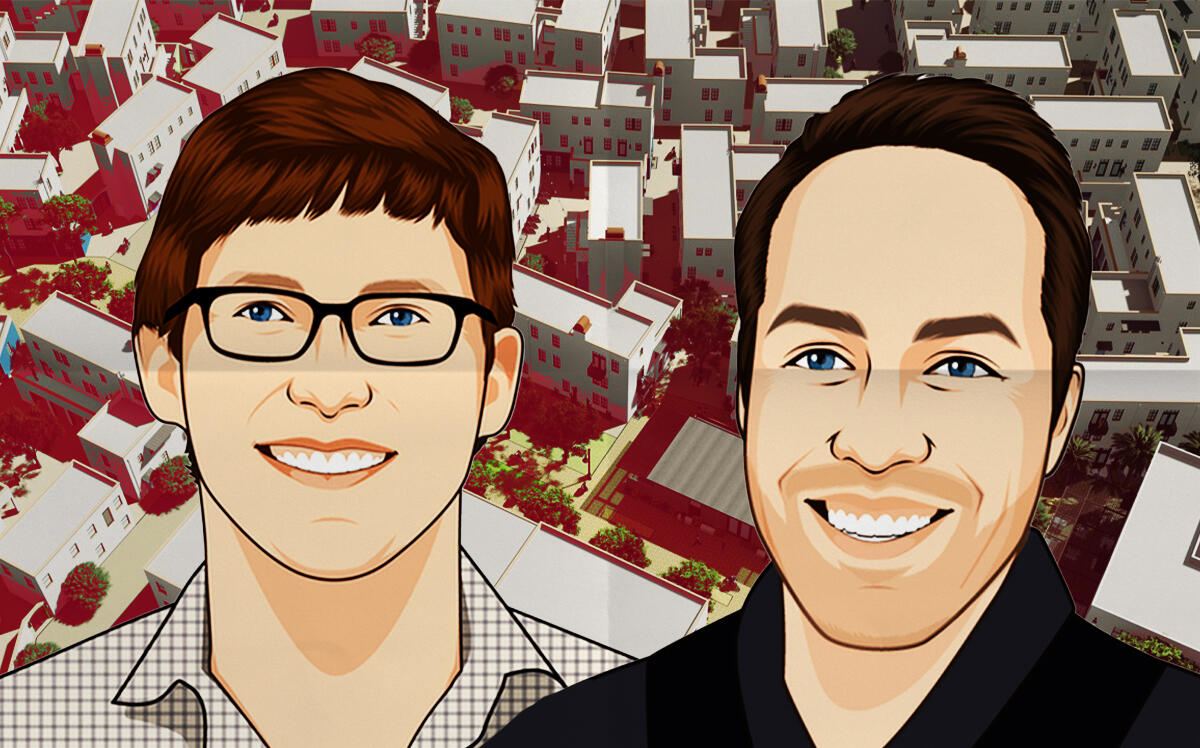Culdesac, a startup with the lofty ambition of building America’s first car-free city, hauled in $30 million in Series A funding.
Surveys suggest a majority of Americans want to live in walkable neighborhoods, but don’t. Tempe, Arizona-based Culdesac is betting that it can help them take that leap.
“With record increases in congestion, loneliness, traffic fatalities, and global warming, building a new option for the way we live has never been more important,” the company said while announcing its Series A Thursday.
The funding will help the startup raise its first $2 billion in debt and realize its vision beyond its first “post-car neighborhood,” Culdesac Tempe, which will open in a few months. Khosla Ventures led the round, with participation from Founders Fund, Byers Capital, Zigg Capital, Initialized Capital and homebuilder Lennar’s venture arm, LENx.
Residential real estate has been fertile ground for proptech investment and innovation during the pandemic, but much of it has focused on improving existing models — making homes and neighborhoods smarter and more efficient, not necessarily more idyllic. Culdesac, which describes itself as a company at the intersection of technology, real estate and culture, wants to rewrite the blueprint.
The company broke ground on Culdesac Tempe, which it bills as the first “car-free community built from scratch in the U.S.,” in 2019. The 16-acre neighborhood, across the Salt River from Phoenix, can accommodate 1,000 people. It’s largely open space, with grocery and other retail, as well as coworking and other bookable, flex space. Instead of driving, residents will walk, ride or otherwise roll around. An adjacent light rail station will service the neighborhood.
Berkeley, California-based Opticos led the master-plan for the project, which it designed to be “similar in character to a Greek, Italian, or French historic village, with irregular, narrow meandering paseos,” according to the firm’s website.
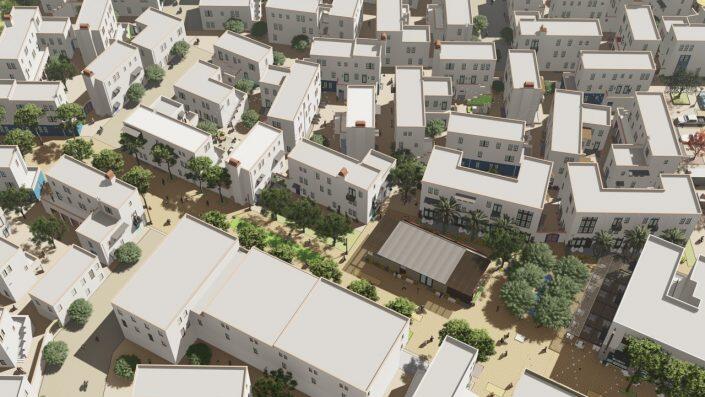
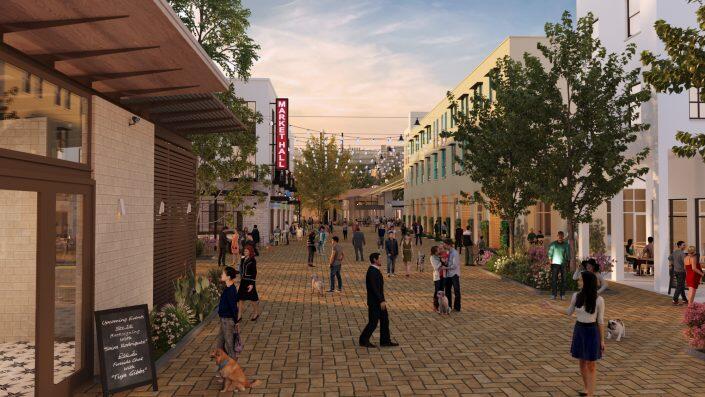
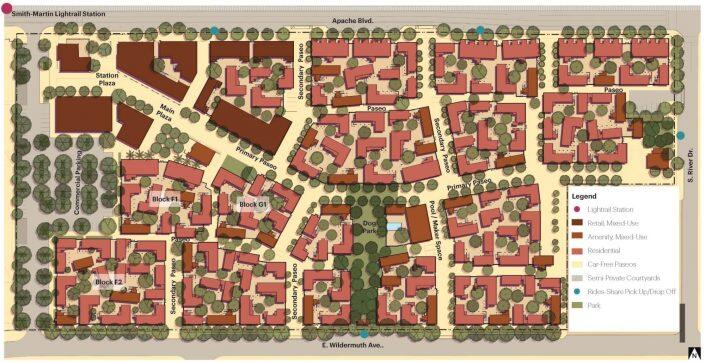
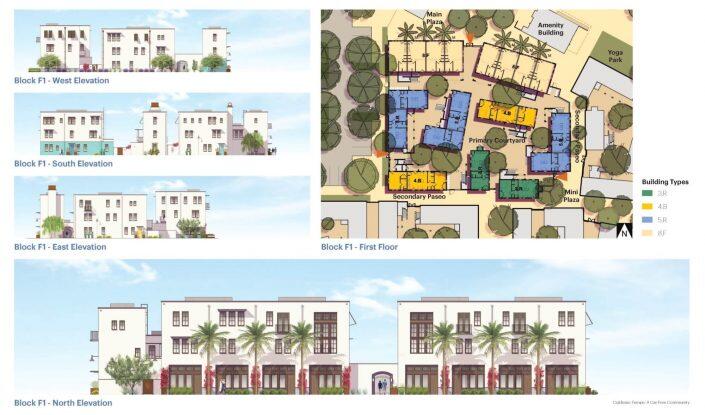

(Source: Culdesac)
All residents will rent, choosing from a variety of “courtyard housing types,” totaling 636 units. Studio apartments go for $1,090 per month, and one-bedrooms for $1,250, per Culdesac Tempe’s site.
Residents of Culdesac Tempe will receive $3,000 annually in mobility benefits through the startup’s partnerships with Lyft — Lyft co-founder and president John Zimmer just joined the company’s board — electric scooter rental company Bird, car-sharing startup Envoy and Arizona Valley Metro.
Culdesac raised $200 million in real estate capital to bring its Tempe project to fruition, and it has commenced planning its next neighborhoods in unidentified “growing cities across the country.” Each will be three times the size of Culdesac Tempe, it said.
Culdesac has 30 employees and is hiring. Opendoor’s chief customer officer, Meyer Toolson, recently joined the company’s board alongside Zimmer.
Read more


